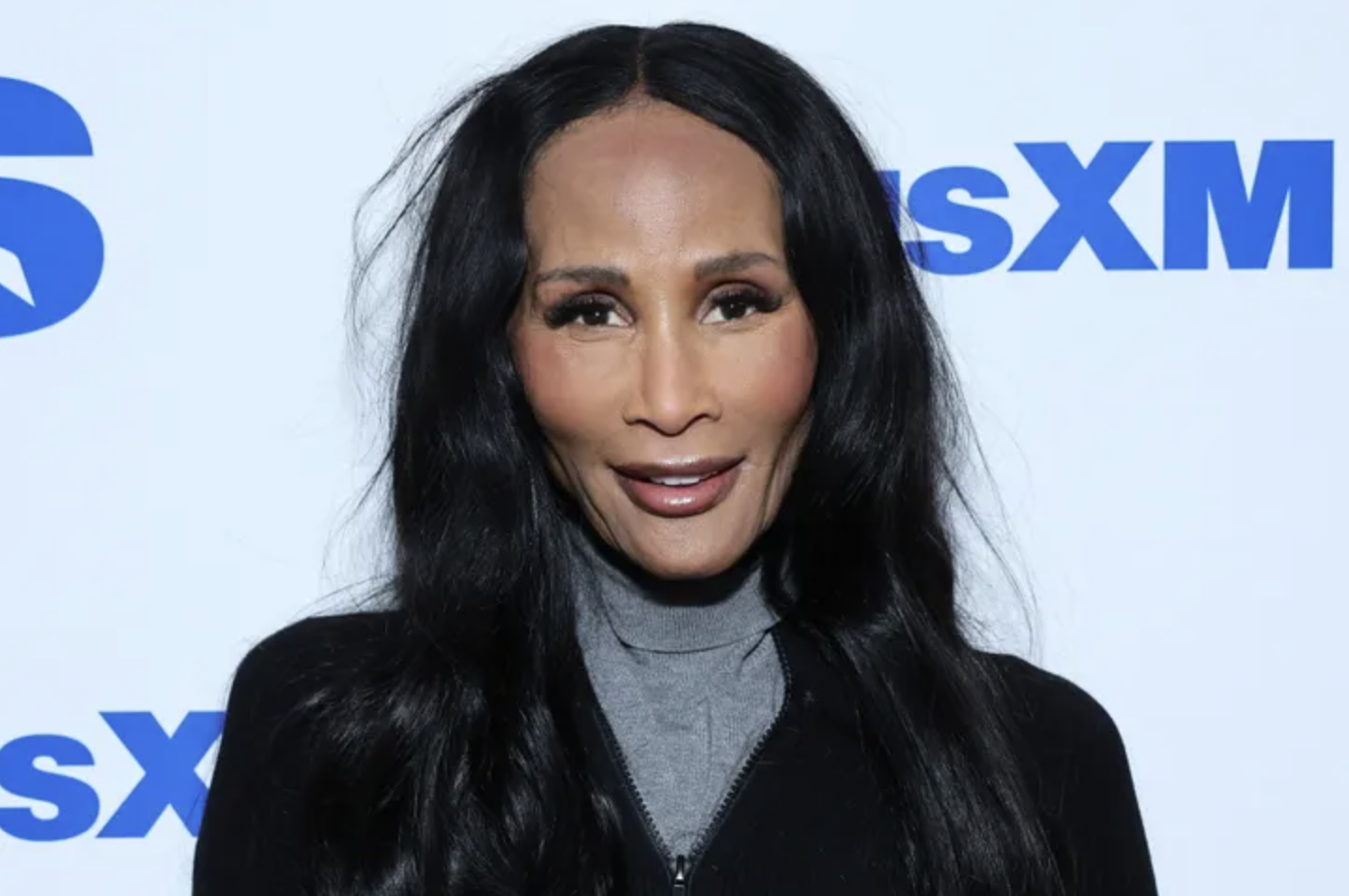As Muslims celebrate Eid al-Fitr ending Ramadan, we have a duty to examine women’s rights
Original post by: Zamira Sydykova
Throughout Islamic countries, governments have a history of hijacking beliefs found in the Quran around women’s rights and independence, reimagining them into something oppressive and, quite frankly, scary.
As the Muslim world embraces this weekend’s special period of reflection during Eid al-Fitr, which ends the holy fasting month of Ramadan, we have a responsibility to critically examine how women’s rights have advanced and receded around the world. Turkey, which is holding a high-stakes presidential election next month, used to be regarded as a model of tolerance and secularism to be emulated by other countries. Not so much today.
After 20 years of creeping authoritarianism under President Recep Tayyip Erdogan, women’s rights are again under attack, and the upcoming election could represent a last chance to change course before it’s too late.
Opinions in your inbox: Get exclusive access to our columnists and the best of our columns
Why do Muslims fast during Ramadan?: To learn what we can do without – and what we can share
Founding of Turkish Republic held birth of gender equality
This is a great pity, considering the gains that have been lost. Turkey has a long tradition of promoting gender equality and women’s rights, dating back a century to the foundation of the Turkish Republic. Women have been able to vote and hold political office since the 1930s, while the secularist tradition has allowed millions to obtain access to higher education and professional employment.
But the arrows aren’t pointing up anymore. In 2006, Turkey was ranked 105th in the World Economic Forum Global Gender Gap survey.
By last year, Turkey had fallen to 124th, closing in on Saudi Arabia, ranked 127th out of 146 nations.
In 2010, at a conference of women’s organizations, then-Prime Minister Erdogan said in a speech that he did not believe in the equality of men and women, and that women’s destinies were divinely ordained. This was followed by a change in the name of the Ministry for Women and Families to the Ministry of Family and Social Policy, de-emphasizing the rights of women and limiting the special attention they had, as a group.



